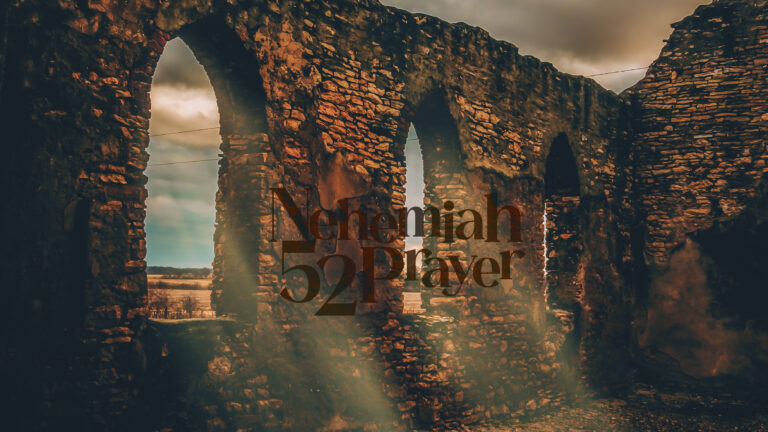“The Light Has Shone Upon the Shadowed Land of Death, Burundi!“
The people walking in darkness have seen a great light; on those living in the land of deep darkness a light has dawned.(Isaiah 9:2,NIV)

》 Country Profile
Continent | Africa
Population | 16.96 million
Area | 27,830km², Located in the inland region of Central Africa, northeast of Lake Tanganyika.
Capital City | Gitega (approximately 14,000 residents), Bujumbura (approximately 1.2 million residents)
People Groups | Total 12 Groups, Hutu 85%, Tutsi 14%, Twa (Pygmy) 1%
Unreached People Groups | 3 groups (0.2% of the population)
Official Language(s) | Kirundi, French
Total Languages | 10
Bible Translations | Completed 8, Partial 2
Religion | Christianity 93.4% (Protestant 13%, Catholic 59%), Ethnic religion 2.9% Evangelical 30.2% (5.1 million people)
》 About Burundi
Burundi was established between the 14th and 15th centuries when the Tutsi dynasty, migrating southward from the Ethiopian region, came to rule over the Hutu population. In 1890, it was incorporated into German East Africa, though it functioned as a protectorate rather than being directly governed. In 1923, it became a United Nations trust territory under Belgian rule as part of “Rwanda-Urundi.” Burundi declared itself a republic in 1961 and gained independence from Belgium in 1962 after separating from Rwanda. The country experienced two civil wars, multiple coups, and horrific massacres between the Hutu and Tutsi ethnic groups, resulting in the deaths of approximately 300,000 people. A peace agreement in 2005 brought an end to the conflict. However, in 2015, President Pierre Nkurunziza pushed for an unconstitutional third term, plunging the nation into political turmoil and causing hundreds of thousands of refugees to flee. Burundi operates under a presidential system, and in 2020, President Nkurunziza suddenly passed away from a heart attack. Evariste Ndayishimiye then assumed office for a seven-year term as the new president.
Burundi is a small nation with an economy heavily reliant on agriculture, primarily exporting coffee, tea, sugar, and cotton. Years of civil war and political instability have left it among the world’s poorest countries. At one point, foreign aid accounted for half of its national income, but political unrest in 2015 led to a significant reduction in assistance. The country continues to struggle with widespread poverty, government corruption, a weak judicial system, poor infrastructure, low education levels, and an underdeveloped transportation network.
Burundi’s GDP per capita is approximately $153.
》 Scripture Focus
| Isaiah 9:2-7(NIV) 2 The people walking in darkness have seen a great light; on those living in the land of deep darkness a light has dawned. 3 You have enlarged the nation and increased their joy; they rejoice before you as people rejoice at the harvest, as warriors rejoice when dividing the plunder. 4 For as in the day of Midian’s defeat, you have shattered the yoke that burdens them, the bar across their shoulders, the rod of their oppressor. 5 Every warrior’s boot used in battle and every garment rolled in blood will be destined for burning, will be fuel for the fire. 6 For to us a child is born, to us a son is given, and the government will be on his shoulders. And he will be called Wonderful Counselor, Mighty God, Everlasting Father, Prince of Peace. 7 Of the greatness of his government and peace there will be no end. He will reign on David’s throne and over his kingdom, establishing and upholding it with justice and righteousness from that time on and forever. The zeal of the LORD Almighty will accomplish this. |
》 Prayer Points
1. Christianity has grown in Burundi, with over 93% of the population identifying as Christian, including 59% Catholics and 30% Evangelicals. However, faith remains largely nominal, unable to heal deep divisions between ethnic groups. Many Burundians believe the church holds the key to reconciliation but struggle to live out genuine faith. The closure of Bible schools due to war has led to a shortage of trained leaders. Institutions like Mweya Theological Seminary, Hope Africa University, and Matana Theological Seminary continue to train pastors and lay leaders.
Let us pray for strong, godly leaders to rise, for believers to experience true transformation, and for the gospel to bring healing and reconciliation to the Hutu and Tutsi people.
2. Political instability has forced many missionaries out of Burundi, leaving only a few in Bujumbura working in discipleship, theological education, trauma counseling, and relief efforts. There is also a severe shortage of Bibles and Christian literature. Groups like the African Pastors’ Association and Voice of Hope Radio are helping spread the gospel through books and media.
Let us pray for more missionaries to enter Burundi, for strong partnerships with local church workers, and for gospel broadcasts to reach those in need.
3. Since independence, 560,000 children have lost a parent due to war, and 80,000 are AIDS orphans. Many fall victim to human trafficking, labor exploitation, and prostitution. Groups like CEF, Scripture Union, and Youth for Christ are working to support these vulnerable children. Hundreds of thousands of refugees live in Tanzania, suffering disease, abuse, and poverty. Many who return struggle with land disputes and economic hardship.
Let us pray for God’s protection over orphans, for ministries caring for them, and for refugees to find hope and restoration.
》 Urgent prayer requests around the world need your prayer!





